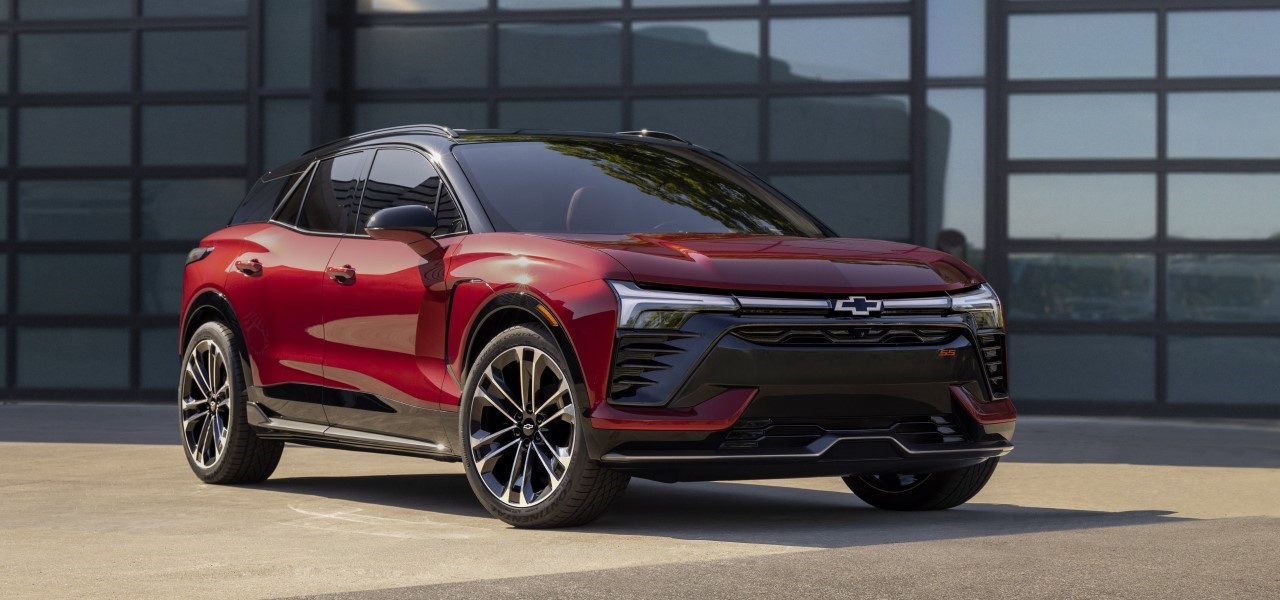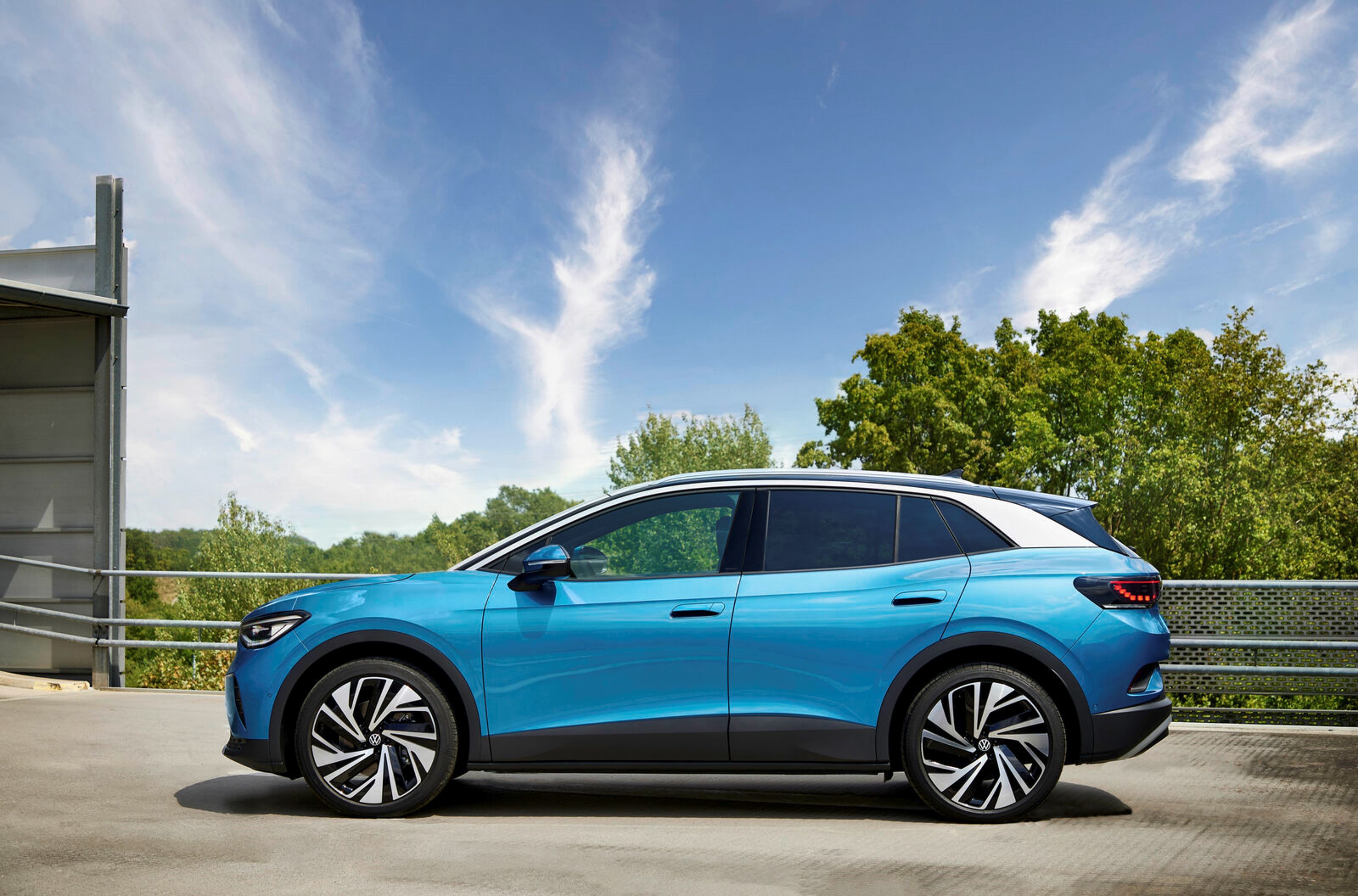Trump indicated in a post on Truth Social that to combat drugs and cross-border immigration, he would impose a 25% tariff on all products from Mexico and Canada starting in January of next year; he also plans to levy an additional 10% tariff on goods from China.
"On January 20th... I will sign all necessary documents to charge a 25% tariff on all products entering the United States from Mexico and Canada," Trump wrote on Truth Social. "The tariffs will remain in effect until the drugs, especially fentanyl, and all illegal aliens cease invading our country."
Following the announcement, shares of U.S. and European automakers fell on Tuesday. Almost every major automaker operating in the U.S. has factories in Mexico. It is widely believed that this will threaten the U.S. automotive industry supply chain and raise concerns about increasing costs in the U.S. automotive manufacturing industry.
Reuters reported that additional tariffs on Mexico and Canada would hit U.S. automakers, particularly General Motors, and increase the prices of SUVs and pickup trucks for American consumers.
Mexico's relatively cheap labor force and its proximity to the lucrative U.S. market have attracted many automakers to establish factories there, with nearly 80% of the cars produced in Mexico being exported to the U.S. China is also a supplier of certain key components.
According to data from the Mexican Automotive Trade Association, in the first half of this year, the top 10 automakers with factories in Mexico produced 1.4 million vehicles, 90% of which were exported across the border to the U.S. Global Data reports that of the 15.6 million new vehicles sold in the U.S. in 2023, about 15% came from Mexico and 8% from Canada.
General Motors leads among automakers exporting cars from Mexico to North America. About 30% of the cars General Motors sells in the U.S. come from Canada and Mexico. General Motors is expected to import over 750,000 vehicles from Canada or Mexico this year, mostly from Mexico. This includes some of General Motors' most popular and profitable pickup and SUV vehicles, including nearly 370,000 Chevrolet Silverado or GMC Sierra full-size pickups and nearly 390,000 mid-size SUVs. General Motors' Mexican factories also produce the electric versions of its two important new electric vehicles, the Equinox and Blazer SUVs.
General Motors employs 125,000 people in North America, and a decline in car sales manufactured in Mexico could affect profits and employment pressure across North America.
Ford and Stellantis are the next largest U.S. producers after General Motors. Stellantis imports about 40% of the cars it sells in the U.S. from Mexico and Canada. Stellantis operates two assembly plants in Mexico that produce high-profit vehicles: Saltillo, which produces Ram pickups and vans, and Toluca, which produces Jeep Compass mid-size SUVs. For Stellantis, the world's fourth-largest automaker, a tariff increase from Mexico would reduce pre-tax profits by about €160 million, or 1.4% of the expectations for 2025. According to Reuters' calculations, an additional 25% tariff would amount to an increase in costs between €3.6 billion and €4 billion.

Volkswagen is no exception. Shipping data shows that so far this year, Volkswagen of America's imports from Mexico are about 10 times those from Europe. If tariffs are imposed on Mexican imports, about 65% of the cars Volkswagen sells in the U.S. will no longer be competitive. Volkswagen's Puebla car plant in Mexico is the largest car plant in Mexico and one of the largest in the Volkswagen Group, producing nearly 350,000 vehicles including the Jetta, Tiguan, and Taos, all of which were exported to the U.S. in 2023.
Popular pickup trucks in the U.S. market such as General Motors' Chevrolet Silverado and GMC Sierra, Ford Maverick, Stellantis' Ram, Toyota Tacoma, and Nissan Sentra are all manufactured in Mexico. The additional tariffs could not only make it difficult for low-cost car manufacturers like Nissan Sentra to continue making profits, but the additional tariff costs will also inevitably be passed on to American consumers, potentially further driving up inflation in the U.S.
General Motors, Stellantis, and Ford refused to comment on Trump's proposed tariffs.
In addition the vehicle manufacturing, Mexico and Canada account for more than 50% of all automotive parts exported to the U.S., exporting nearly $100 billion worth of components. Imposing additional tariffs would increase the cost of all vehicles assembled in the U.S.
Tesla is not immune. California Governor Gavin Newsom also announced a proposal on Monday that if Trump repeals the IRA federal subsidy consumer tax credit, California may revive a plan that was phased out in 2023 to replace the $7,500 tax credit. At that time, Tesla's electric vehicles would be excluded from consumer discounts.

Tesla still accounts for more than half of all new electric vehicles sold in California, but its market share is declining. According to data from the California New Car Dealers Association, although overall electric vehicle sales in the state increased by 1% in the first three quarters of this year, Tesla's sales in the state decreased by 12.6% compared to the same period last year. In the first three quarters, Tesla accounted for 54.5% of electric vehicle registration sales in the state, a significant drop from 63% last year. Tesla is currently the only company manufacturing electric vehicles in California. Musk said on social media that Gavin Newsom's proposal is "insane."









